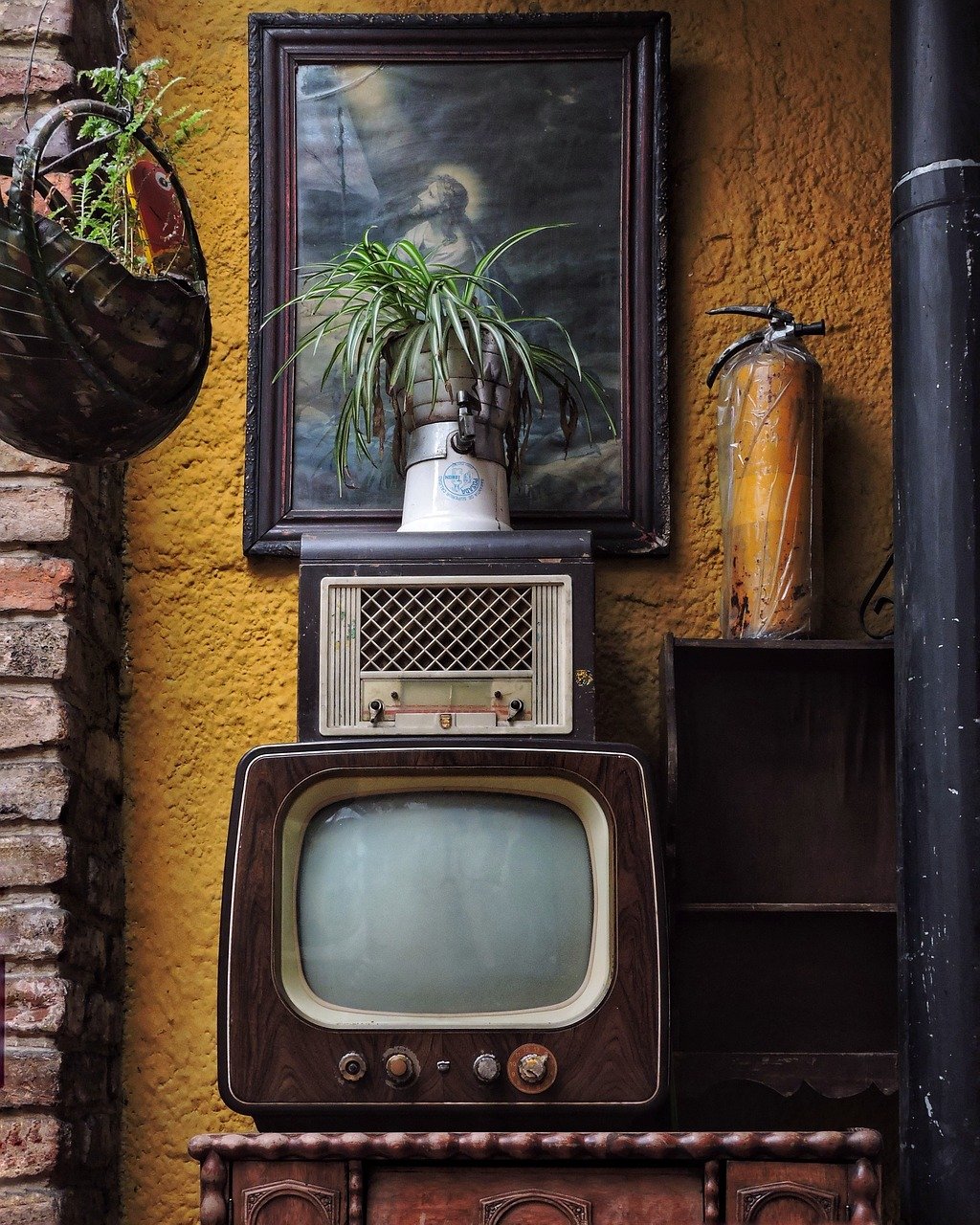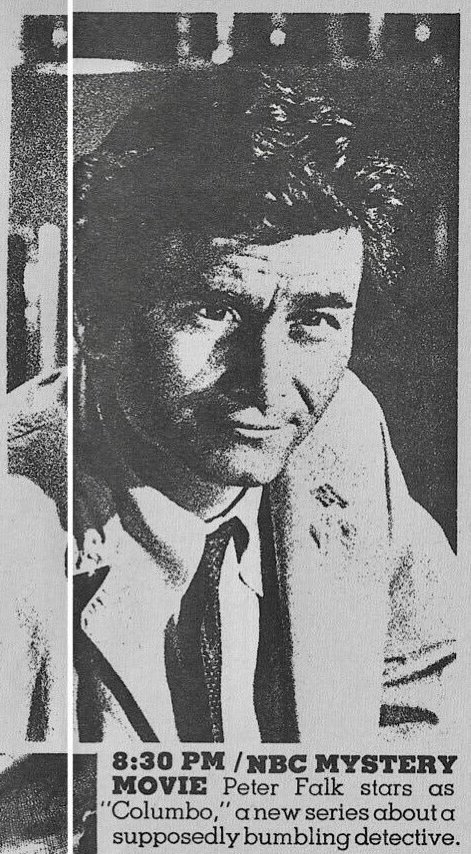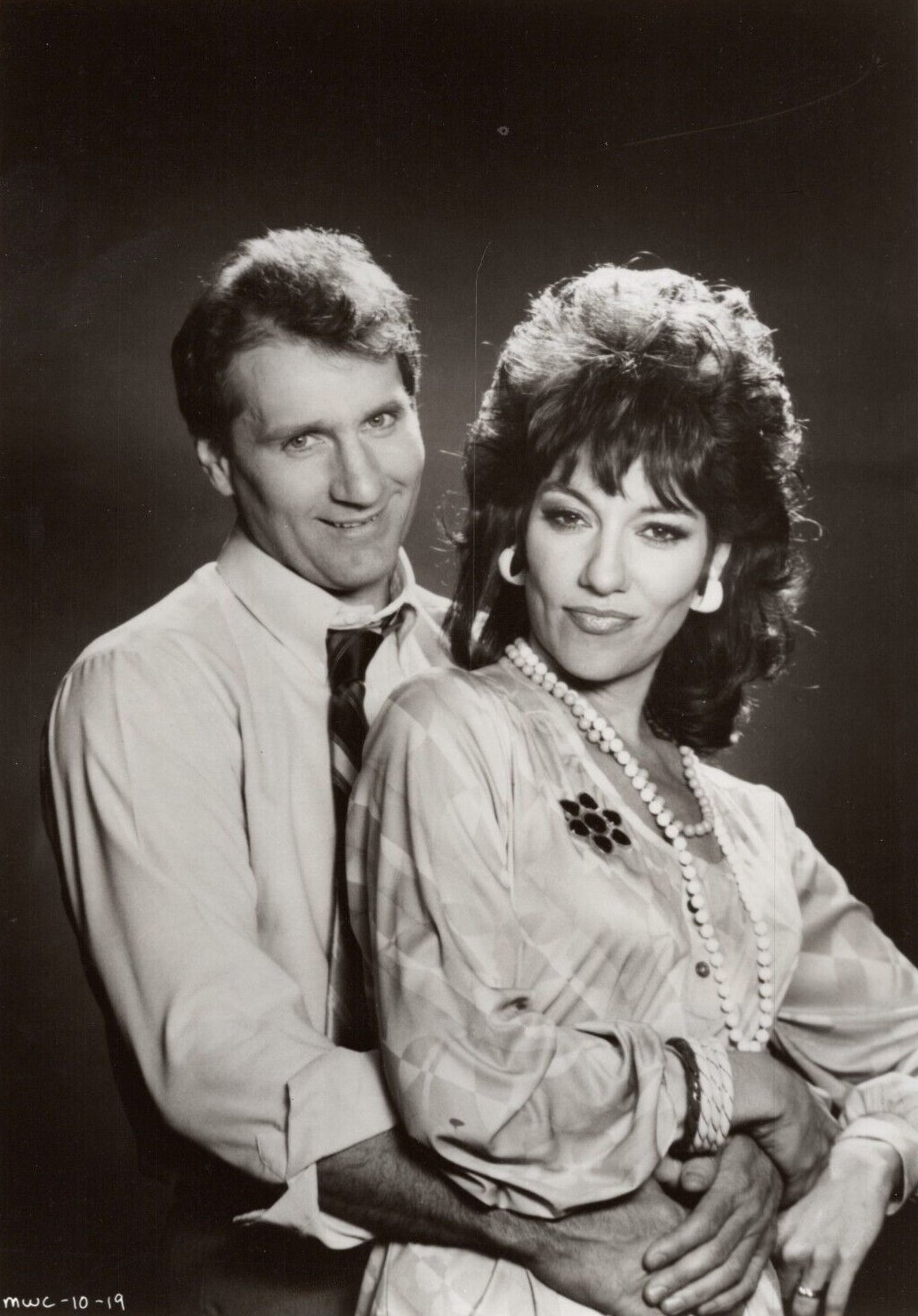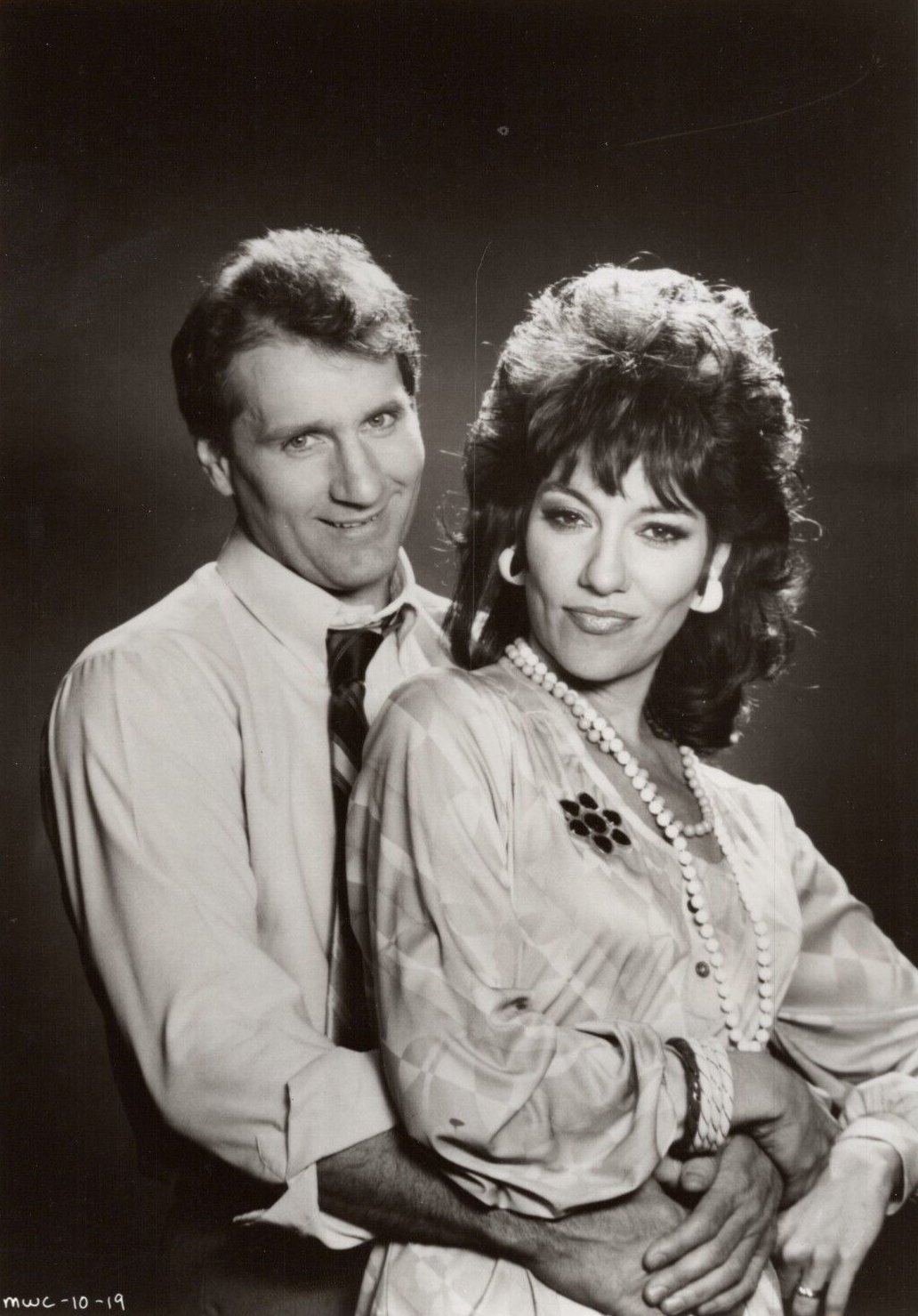The Nostalgia Trap Is Hard to Escape
There’s something magical about the way our minds turn the past into a warm, glowing memory. The ’80s were bursting with sitcoms that seemed to unite families every week, their theme songs echoing in our heads even today. But nostalgia is a tricky beast. It wraps even the most average shows in a golden haze, convincing us they were flawless. When you peel back the layers, you start to see the cracks—cringe-worthy jokes, recycled storylines, and characters who rarely changed. Millions tuned in, but was it love or just routine? Sometimes, it feels like we’re clinging to a feeling, not the actual quality of the shows themselves. The question nags: are we remembering the shows, or just the way they made us feel on a cozy Friday night?
Overrated Classics That Dominate Memories

*Full House* and *Family Ties* are often painted as the heart and soul of ’80s television. Their reruns still flood streaming platforms, suggesting a kind of timeless excellence. But watch an episode today, and the cracks show. Plots revolve around misunderstandings that could be solved in a text message, while jokes repeat with almost mechanical precision. The “special episodes” often feel forced or tacked on, trying to teach lessons without real depth. For every heartfelt moment, there are three scenes of predictable gags and syrupy sentimentality. Was it genius, or just background noise while we did our homework? It’s easy to see why some now call these classics “comfort food”—reliable, but not exactly gourmet.
Laugh Tracks Made Us Believe It Was Funnier

The laugh track is one of the most polarizing inventions in TV history. In the ’80s, almost every sitcom used it, turning mediocre punchlines into shared moments of supposed hilarity. But what happens when you strip away that canned laughter? Suddenly, some jokes land with a dull thud, and awkward silences stretch out. Critics and fans alike have started to wonder if the laugh track was a crutch—an easy way to gloss over lazy writing or flat performances. Imagine *Full House* or *Perfect Strangers* without the constant giggling in the background. Would we still be laughing, or would the flaws become impossible to ignore? It almost feels like the shows were scared we wouldn’t know when to laugh.
Stereotypes and Clichés Shaped Every Episode

Flip through any ’80s sitcom, and you’ll find a parade of stereotypes: the clueless dad, the nagging mom, the “wacky” neighbor, the rebellious teen. *The Cosby Show* may have broken some ground in representation, but it, too, leaned into familiar character tropes. *Cheers* found humor in the “lovable loser” and the ditzy waitress. These stock characters made writing easy, but at what cost? Jokes often centered on tired ideas about gender roles, class, and race. Today’s viewers might cringe at scenes that once earned a roar of laughter. In some ways, these shows didn’t just reflect the norms—they helped cement them. The question lingers: did we really want to see ourselves through such a narrow lens?
Lack of Depth Underneath the Laughter

At first glance, ’80s sitcoms seem light and breezy, perfect for winding down after a long day. But that surface-level charm came at a price. Even shows that tried to tackle tough topics—like *Growing Pains* or *Who’s the Boss?*—often resolved everything with a hug and a joke, never digging too deep. Real issues like addiction, prejudice, or family struggles were sanitized for mass consumption. The result? Audiences got comfort, but rarely complexity. For every moment that tugged at the heartstrings, there were countless others that barely skimmed the surface. It’s like biting into a beautiful cake only to find it’s mostly frosting.
Iconic Characters Who Were Barely Real

Steve Urkel, the Fonz, and the Tanner girls became household names. Their catchphrases were everywhere, and their faces ended up on lunchboxes and pajamas. But look closer, and many of these characters never really changed or grew. Urkel stayed the nerdy outsider. Tony Micelli was always the charming, bumbling housekeeper. These were not so much people as they were cartoonish exaggerations, designed to get a laugh or sell a t-shirt. While their quirks made them memorable, it’s hard to call many of them well-rounded or relatable. The world may have loved them, but did we ever truly know them?
The Anti Hero Changed the Game Forever

Midway through the decade, a new kind of sitcom hero emerged—flawed, sarcastic, and sometimes downright unlikable. *Married with Children* flipped the script, making Al Bundy a star. This wasn’t the wholesome dad from *Family Ties*; this was a man who hated his job and grumbled about his family. This shift was both shocking and thrilling for audiences. It raised the bar for what sitcoms could be, but it also made earlier shows feel suddenly dated. Did the rise of the anti-hero expose just how shallow those “perfect family” stories had always been? Or did it just reflect a new cynicism in American life?
Cultural Reflection or Just Cultural Stagnation

On paper, sitcoms are supposed to hold up a mirror to society. But the mirror of the ’80s was a bit blurry. Sure, *The Cosby Show* showed a successful Black family, and *Golden Girls* gave older women a rare spotlight. Yet, so many shows stuck to safe, homogenous worlds where real diversity barely existed. Instead of challenging the culture, they often played it safe, recycling the same jokes and scenarios. It’s easy to wonder if these sitcoms shaped society or just got stuck in a loop, endlessly repeating the same old stories. Was it comfort, or was it creative laziness?
The Lasting Legacy We Still Can’t Escape

Despite all the criticism, the fingerprints of ’80s sitcoms are everywhere today. Modern shows borrow their formats, their rhythms, and even their nostalgia. Writers still chase that mix of laughs and lessons, hoping to capture a sliver of what made those shows so sticky. But being influential doesn’t always mean being great. Sometimes, a show is memorable because it was everywhere, not because it was excellent. The legacy of ’80s sitcoms is a double-edged sword—both a foundation and a warning of what happens when comfort replaces creativity.
What do you remember most: the laughs or the lessons?


